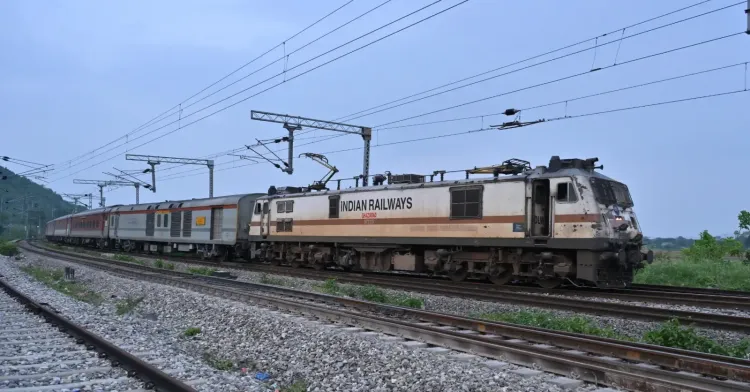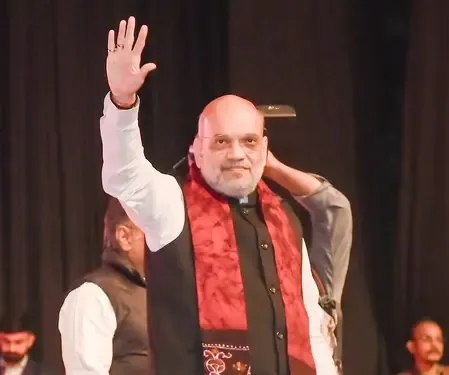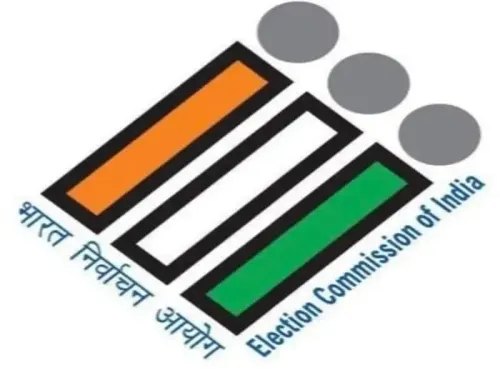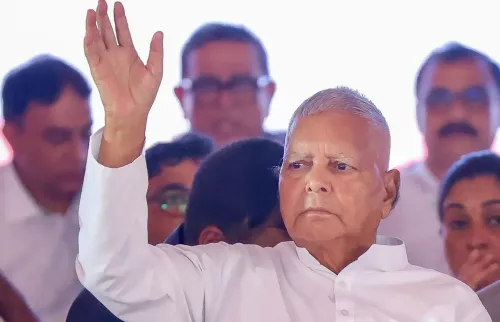Should Meghalaya Minister Initiate Fresh Dialogue on Railway Project amid Opposition?

Synopsis
Key Takeaways
- Sanbor Shullai calls for dialogue on the railway project.
- Economic benefits highlighted for extending goods train connectivity.
- Opposition fears about demographic impact remain strong.
- Meghalaya's railway expansion has a history of protests.
- Balancing development with local identity is crucial.
Shillong, Sep 18 (NationPress) Meghalaya Cabinet Minister and BJP legislator Sanbor Shullai on Wednesday urged stakeholders, including civil society organizations and advocacy groups, to rethink their opposition to the proposed railway line project in the state, highlighting the economic advantages of extending goods train connectivity up to Byrnihat.
In a statement to the media, Shullai noted that various northeastern states, including Mizoram, Manipur, Nagaland, Tripura, Arunachal Pradesh, and segments of the Garo Hills in Meghalaya, have experienced significant benefits from railway infrastructure, especially in terms of goods transportation and reducing commodity prices.
“Under the guidance of Chief Minister Conrad K. Sangma, we hope to engage in dialogues to enlighten NGOs and stakeholders on how the railway line can serve as a boon for the state,” said Shullai.
“At the very least, allowing goods trains to reach Byrnihat would lower costs and facilitate the supply of essential goods.”
His comments come amid a long-standing opposition to railway expansion in Meghalaya.
Numerous influential NGOs and student organizations, notably the Khasi Students’ Union (KSU), have persistently resisted railway connectivity in the Khasi and Jaintia Hills, contending that it could lead to an unregulated influx of outsiders, jeopardizing the demographic balance, land rights, and job opportunities for the indigenous population.
Repeated efforts by the Railways and successive state administrations to roll out rail projects have faced protests, interruptions, and, at times, violent resistance. For instance, the progress on the Tetelia–Byrnihat line was halted in 2017 due to strong protests.
Civil society groups argue that comprehensive measures to control influx must be established prior to implementing any railway initiatives.
While proponents of the railway project assert that enhanced connectivity will promote trade, tourism, and economic integration, detractors fear that without stringent protective laws, local tribal communities could face overwhelming social and economic challenges.
Shullai's call for a reevaluation of the project rekindles a debate that continues to polarize opinions in Meghalaya.
He emphasized that any final decision must strike a balance between economic development and safeguarding the state's identity and interests.










